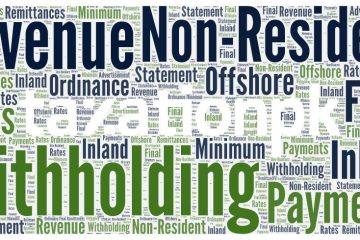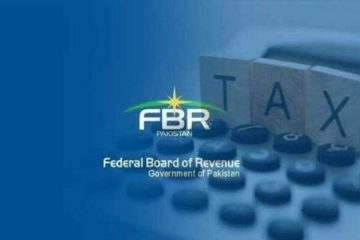Tax evasion is a prevalent issue in Pakistan, with many people attempting to avoid paying taxes. According to a report, Pakistan loses up to PKR 5.5 trillion in revenue every year due to tax evasion. Tax evasion refers to the illegal practice of not paying taxes or underreporting income to reduce the tax burden. In this blog post, we will explore the various ways people in Pakistan try to avoid paying taxes, the consequences of tax evasion, and how the government is addressing this issue.
Ways People in Pakistan Try to Avoid Paying Taxes
-
Underreporting Income
One of the most common ways people in Pakistan try to avoid paying taxes is by underreporting their income. This means that they do not declare their full income to the tax authorities, reducing their tax burden.
-
Black Economy
The black economy, also known as the undocumented economy, is another way people in Pakistan try to avoid paying taxes. It refers to economic activity that takes place outside the formal economy and is not reported to the tax authorities. This includes cash transactions and other activities that are not recorded.
-
Offshore Accounts
Some wealthy individuals in Pakistan try to avoid paying taxes by opening offshore accounts in tax havens. These accounts allow them to avoid paying taxes in Pakistan and other countries where they conduct business.
-
Cash Transactions
Many small businesses in Pakistan operate on a cash basis, which makes it easier for them to avoid paying taxes. They do not record their transactions, making it difficult for the tax authorities to track their income.
-
Electronic Transactions
While electronic transactions are becoming increasingly popular in Pakistan, they also present an opportunity for tax evasion. Some individuals use electronic transactions to transfer money to offshore accounts or to conduct transactions that are not recorded.
Consequences of Tax Evasion in Pakistan
Tax evasion has a significant impact on the economy of Pakistan. It not only reduces the government’s revenue but also affects the country’s overall development. The consequences of tax evasion in Pakistan are:
-
Increase in Public Debt
When people do not pay taxes, the government has to rely on borrowing to finance public expenditure. This results in an increase in public debt, which ultimately leads to inflation.
-
Inefficient Public Services
When the government does not have enough revenue to finance public services such as health and education, it leads to poor quality services.
-
Unfair Distribution of Wealth
Tax evasion leads to an unfair distribution of wealth. Those who evade taxes have more money to spend on luxury items, while those who pay their taxes struggle to make ends meet.
-
Corruption
Tax evasion is often linked to corruption. When people do not pay taxes, they try to bribe government officials to avoid paying taxes.
How the Government is Addressing Tax Evasion in Pakistan?
The government of Pakistan is taking several measures to address tax evasion. These include:
-
Tax Reforms
The government has introduced tax reforms to simplify the tax system and make it easier for people to comply with tax laws.
-
Electronic Transactions
The government is promoting electronic transactions to reduce the use of cash in the economy and make it easier to track economic activity.
-
Tax Amnesty Scheme
The government has introduced tax amnesty schemes to encourage people to declare their undeclared income and assets and pay taxes on them.
-
Crackdown on Corruption
The government has launched a crackdown on corruption, including tax evasion, to ensure that people pay their fair share of taxes.
Conclusion
In conclusion, tax evasion is a major issue in Pakistan, and many people try to avoid paying taxes through various means. This not only affects the government’s revenue but also has a negative impact on the country’s overall development. The government must take measures to prevent tax evasion, and people should be made aware of the importance of paying taxes. By simplifying the tax system, automating tax collection, imposing strict punishment, and raising awareness, we can reduce tax evasion in Pakistan and contribute to the country’s progress.







